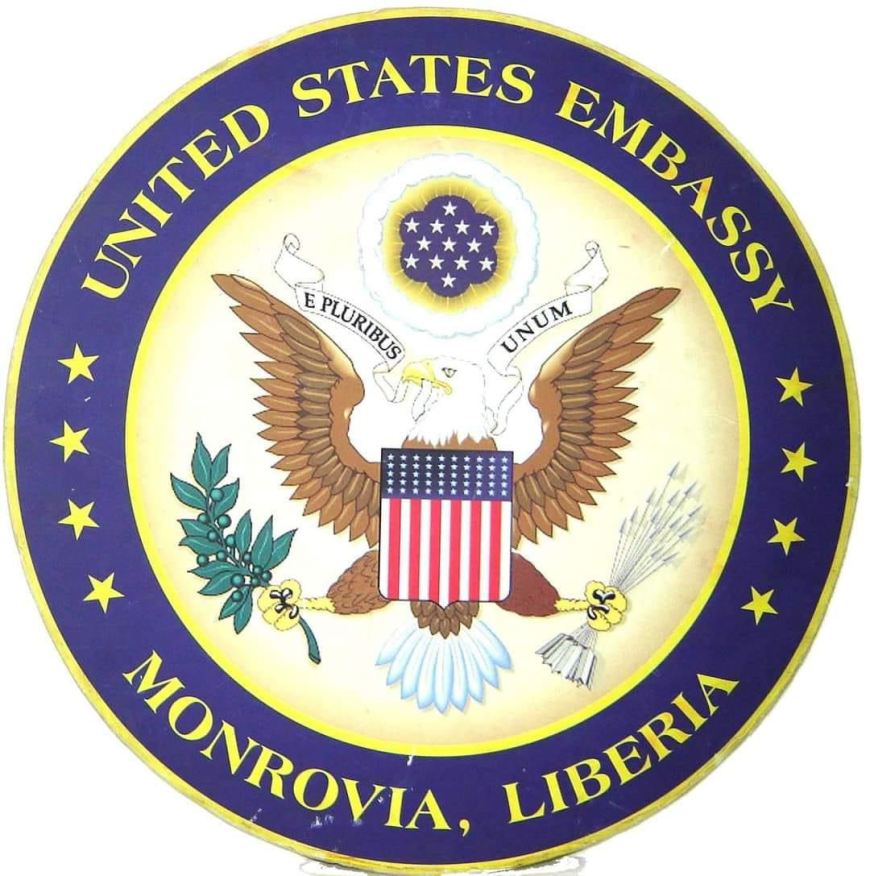U.S. STATISTICS REVEAL ONE IN TWO LIBERIANS OVERSTAY, LEADING TO HIGH VISA DENIAL RATE

Release
A recent report has unveiled troubling statistics regarding the overstay rates of Liberian nationals in the United States. According to U.S. Customs and Border Protection (CBP), nearly half of the Liberians issued B-1/B-2 nonimmigrant visas in Fiscal Year 2022 did not return to Liberia as required. Specifically, 49.48 percent of these visa holders overstayed their authorized period in the U.S. While the situation is somewhat better for Liberians on nonimmigrant student visas, it remains concerning, with 29.95 percent failing to return. Overall, the non-return rate across all visa categories for Liberians is a staggering 82.03 percent.
These findings were detailed in the “Fiscal Year 2022 Entry/Exit Overstay Report” prepared by the U.S. Department of Homeland Security and last updated on June 21, 2024. The report, which highlights overstay rates among nonimmigrant visitors to the United States, provides a comprehensive breakdown of visa categories and countries of origin, including Liberia.
In FY 2022, 572 expected departures of nonimmigrant visitors from Liberia who entered the U.S. through air and sea ports of entry were recorded. Alarmingly, the overstay rate for Liberian nationals stood at 50.52 percent, indicating that more than half of those expected to leave the U.S. within the authorized period failed to do so.
The report further reveals that 49.48 percent of Liberian visitors remained in the United States beyond their authorized period without evidence of departure, extension, or status adjustment, classifying them as suspected in-country overstays—a term used by U.S. authorities to describe individuals who remain in the country without legal authorization.
The report was submitted to raking member of the United States Congress – both House of Representatives and Senate by Alejandro K. Mayorkas, secretary of Homeland Security.
Mayorkas said identifying noncitizens who overstay their authorized periods of admission is important for national security, public safety, immigration enforcement, and maintaining the integrity of the immigration benefits system.
He said over the years, CBP has significantly improved data collection processes in the entry and exit environments. These improvements include the collection of data on all admissions to the United States by foreign nationals, reduced documentation for entry to the United States, collection of biometric data on most foreign travelers to the United States, and comparison of data against criminal and terrorist watchlists.
progress.
These statistics could have significant implications for future Liberian travelers. The U.S. Department of Homeland Security may impose stricter scrutiny on Liberian nationals seeking entry into the United States.
This could also explain why Liberia ranks 4th on the U.S. Department of State’s list of countries with the highest visa rejection rates for the 2023/2024 period, with a rejection rate of 82 percent.
The report comes as Liberian authorities express concern over the high visa denial rate. About two weeks ago, the Liberian Senate Foreign Affairs Committee convened a meeting with officials from the Ministry of Foreign Affairs to address critical issues affecting Liberia’s foreign relations.
Following the meeting, Senate Foreign Affairs Committee Chairman, Senator Abraham Darius Dillon, briefed the press, stating that the primary focus was to address the high rate of visa denials by the U.S. Embassy for ordinary Liberians, as well as the treatment of some Liberians in foreign service. The Montserrado lawmaker emphasized that the committee was particularly concerned about the high denial rate for Liberians applying for U.S. visas and sought to understand the reasons behind it.
Speaking to reporters, Foreign Minister Sara Beysolow Nyanti, who attended the meeting along with her Deputy for Foreign Affairs, Cllr. Dewaitt Gray, assured the committee and the public of her team’s commitment to engaging with Liberia’s foreign partners to address these issues.
For many Liberians, the prospect of opportunities in the United States remains strong. However, with increased scrutiny from U.S. immigration authorities, the path to achieving the American Dream may become even more challenging for those aspiring to build a life in the United States.
What's Your Reaction?









































































